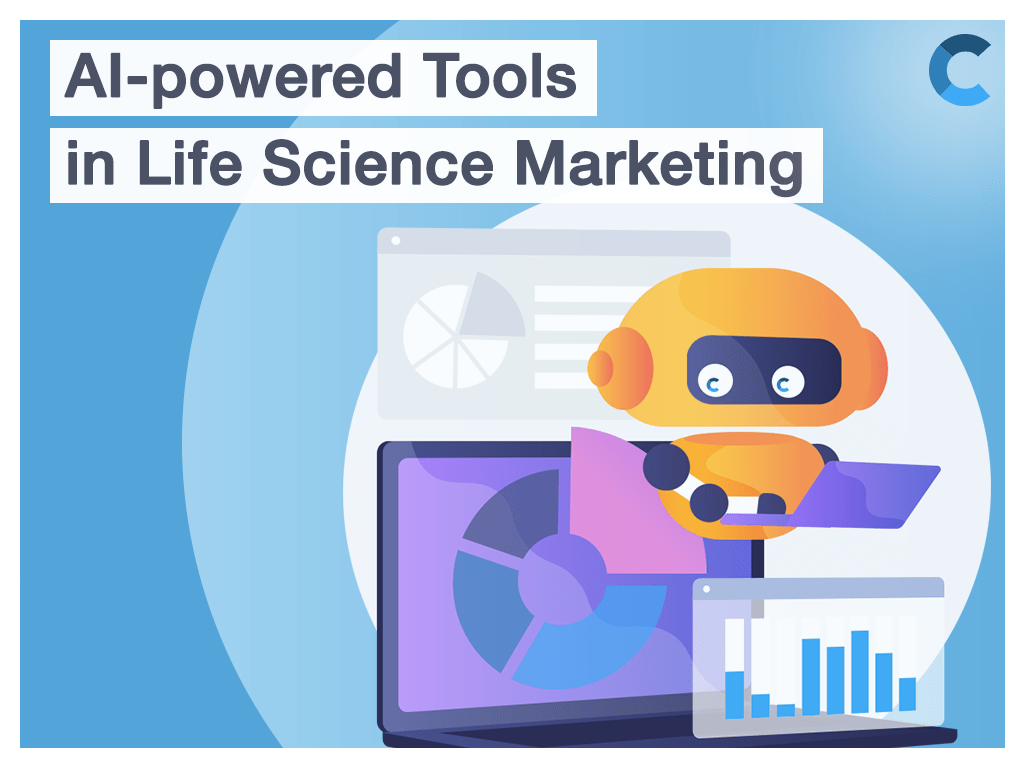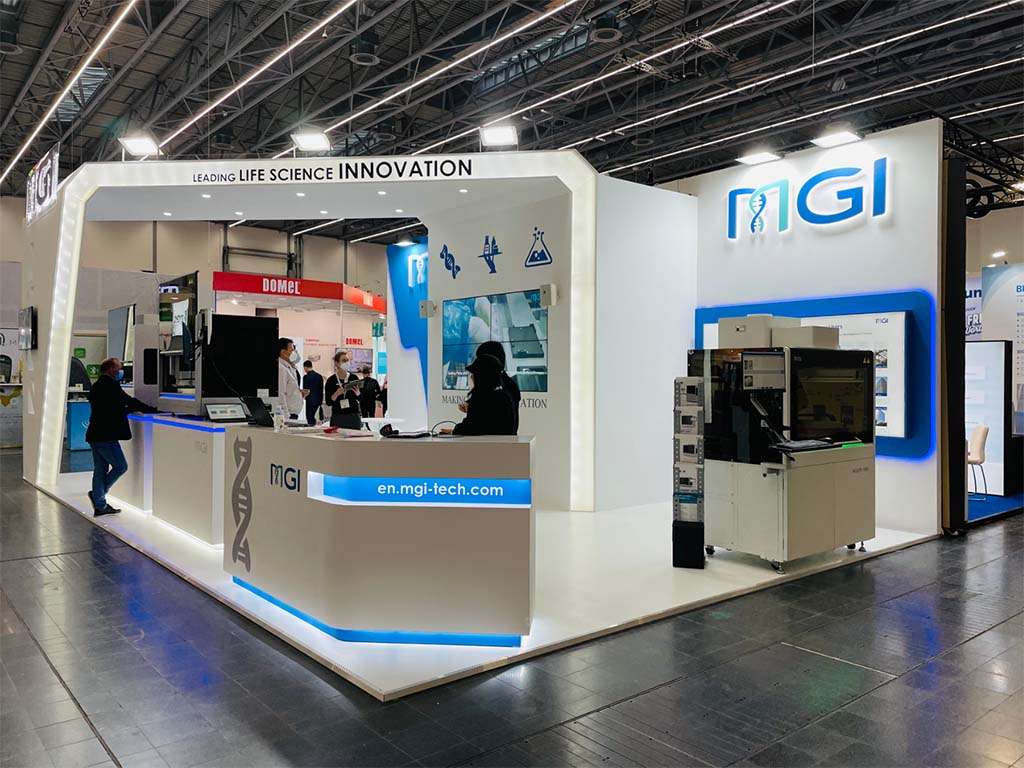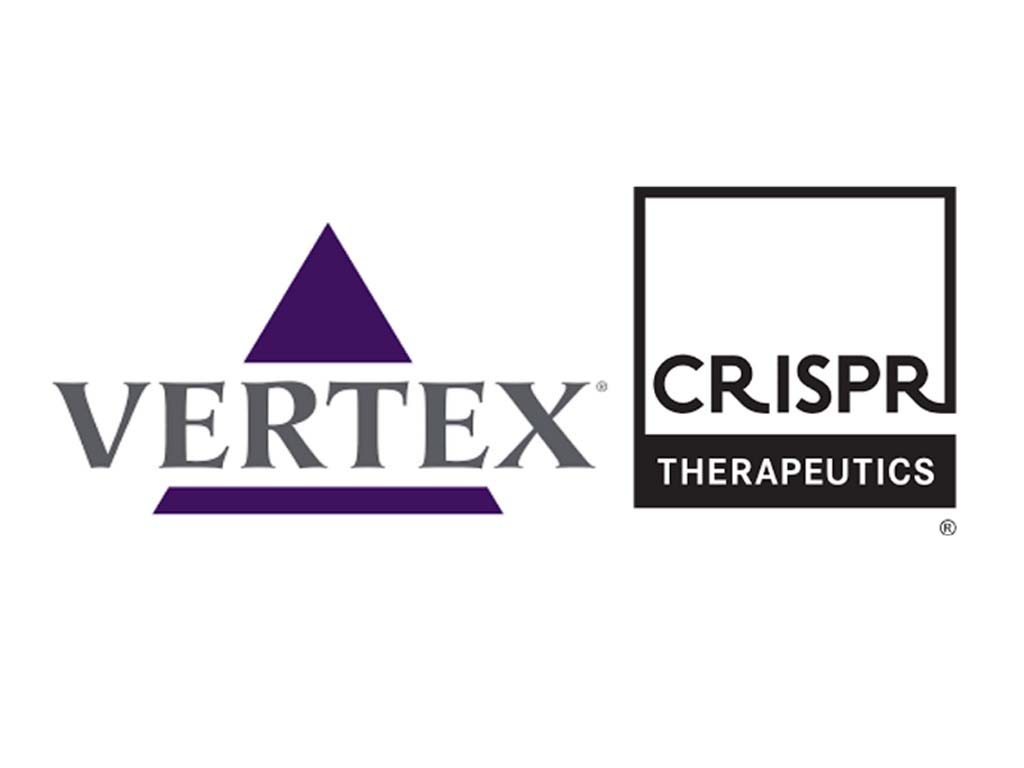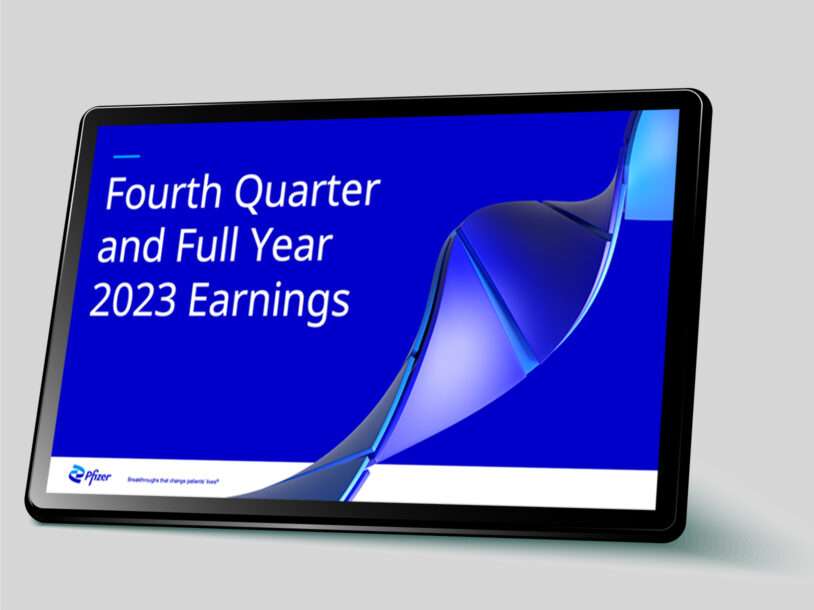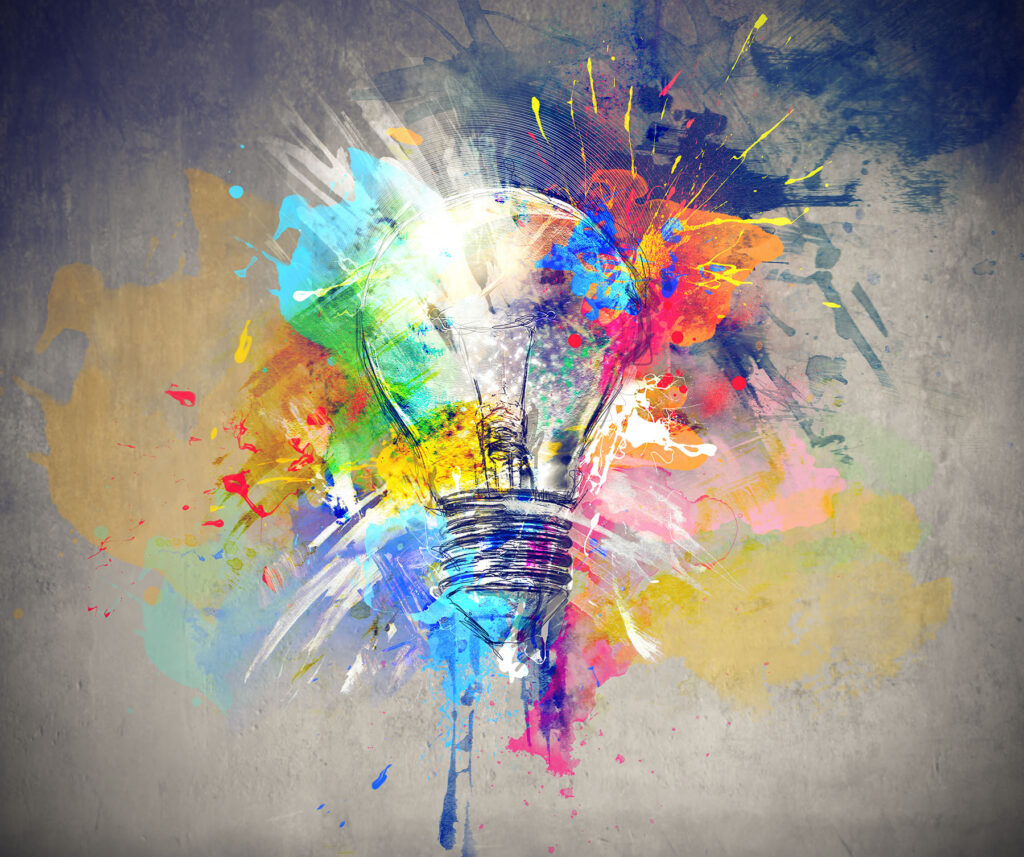The marketing industry is undergoing a massive transformation. Artificial intelligence (AI) is reshaping the landscape of digital marketing, revolutionizing tactics and charting a new course for the industry’s future. This article delves into AI’s significant impact on digital marketing, focusing specifically on the life sciences sector—encompassing pharma, biotech, healthcare, and analytical instrumentation—and its role in shaping the evolution of this vibrant field.
Outline
ToggleWhat is Generative AI, and How Does it Work?
By studying existing artifacts, generative AI can create new, realistic artifacts at scale that mimic the traits of the training data but differ from it. It can create a range of original content, including software code, product designs, photos, video, music, speech, and writing.
The methods used in generative AI are constantly changing. AI foundation models are first and foremost trained on a large collection of unlabeled data that can be used to various tasks, after further fine-tuning. These trained models need a lot of calculation and processing power to produce, but at their core, they are just prediction algorithms.
Even though generative AI is now used most often for content creation, its applications in business are many and include new ways to design medication and chips as well as material science.
How is AI Changing the Digital Marketing and Market Technology?
AI is revolutionizing the market and marketing landscape in unprecedented ways. But how exactly is AI causing this change? AI, with its ability to analyze vast amounts of data and make predictions, is transforming the way businesses understand their market. It’s providing insights into customer behavior, market trends, and competitive dynamics that were previously impossible to obtain. This is also true in the life sciences sector, where AI can be used to understand patient behavior, predict disease trends, and optimize treatment strategies.
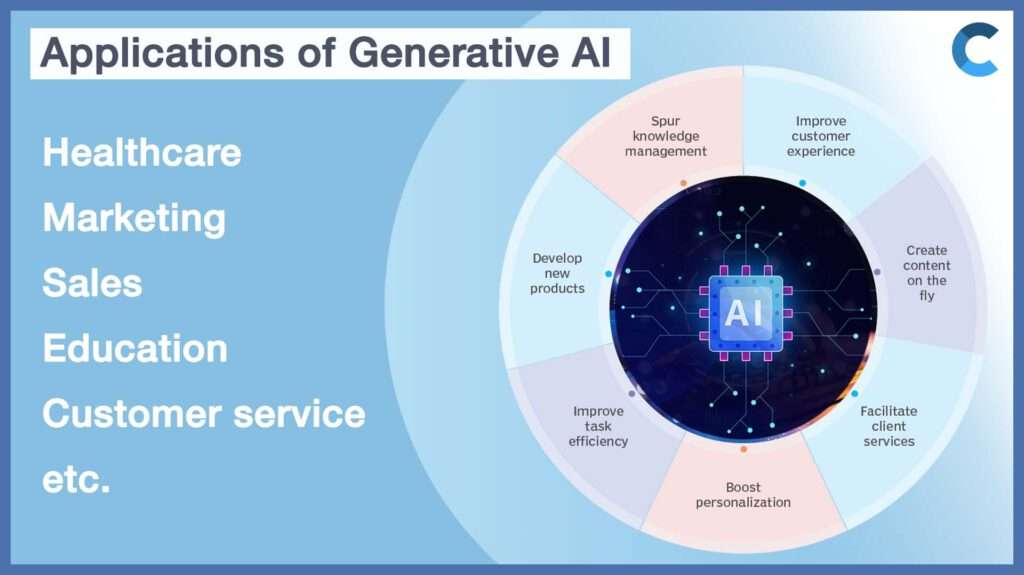
What is the Impact of Artificial Intelligence on Digital Marketing Strategy?
Artificial intelligence isn’t just a passing fad in digital marketing. It is a disruptive force reshaping the marketing landscape. It is redefining the strategy used by marketers and revolutionizing the organization and execution of marketing campaigns. Marketing teams can now elevate their optimization and automation processes thanks to AI-powered marketing tools, thereby amplifying their marketing efforts. AI may also tailor their campaigns to meet the specific needs of individual customers. This advancement enables the delivery of personalized communications, the use of personal data to increase engagement, and the automation of personalized marketing campaigns.
How is AI Transforming Life Science Content Creation for Marketing and Sales?
In the realm of digital marketing, content reigns supreme, with AI used in marketing now playing the role of a sophisticated inbound marketing consultant. AI is ushering content creators into a new era of optimization, enhancing the relevancy and engagement of their work. It affords them the capability to delve deep into customer inclinations and emerging trends, paving the way for crafting content that truly resonates with their intended demographic. Particularly within the life sciences sphere, this could translate into the production of enlightening content for customers or patients about their conditions, useful advice, or updates on the cutting-edge developments in technology or medicine.

How is Generative AI Improving Customer Service?
Customer service is crucial in the world of digital marketing, and AI-powered chatbots are completely reshaping it. Use of online AI tools has the potential to automate various customer service responsibilities, such as responding to customer inquiries and complaints, freeing up customer service agents to focus on more complex tasks. In the life sciences, this could mean using AI to automate customer or patient follow-up procedures, respond to individual treatment-related inquiries, or provide personalized advice.
How is AI Enhancing Marketing Automation?
Integrating AI into digital marketing strategies reveals marketing automation as a significant benefit. The ability of leveraging AI to automate routine duties, such as email distribution and social media channel updates, affords marketers valuable time to focus on more strategic endeavors. In the field of life sciences, this might involve the use of AI to automate personalized patient reminders, distribute specialized advice, and post updates about cutting-edge medical research on social media platforms.
How is AI Optimizing Search Engine Marketing?
Search engine optimization (SEO) and search engine marketing (SEM) are essential components of any digital marketing strategy, and AI and machine learning is increasing its effectiveness. AI in digital marketing provides marketers with the insights they need to fine-tune their search engine marketing efforts by analyzing search trends and user behavior. In the context of the life sciences industry, this could mean using AI to increase the visibility of medical research articles, broaden the audience of health blogs, or improve the search rankings of your life science or biotech business website.
The Future of AI technologies in Digital Marketing
The future of AI in marketing is bright. As AI technologies continue to evolve and improve, their impact on digital marketing will only grow. Marketers who embrace and study AI and learn to harness its power will be well-positioned to succeed in the future of digital marketing. AI is transforming the world of marketing in profound ways. It’s making marketing more efficient, effective, and personalized, and it’s reshaping the role of the marketer. As we look to the future, it’s clear that AI will continue to play a pivotal role in the evolution of digital marketing, particularly in the life sciences sector.
Frequently Asked Questions
What is Generative AI?
Generative AI, also known as generative artificial intelligence, is a type of artificial intelligence technology that is capable of producing various types of content in response to prompts. These models frequently employ neural networks to find patterns in the data and produce results that resemble human ingenuity.
There are numerous uses for generative AI in numerous fields. It can be applied to a variety of fields, including fashion, marketing, software development, healthcare, and finance. Following are some particular use cases for generative AI:
- Content creation: Text, photos, movies, and music can all be produced with generative AI. It can support the creation of personalized suggestions, realistic fakes, and material for marketing efforts.
- Product design: By creating 3D models and product designs based on input parameters and limitations, generative AI can assist with product design.
- Data augmentation: Using generative AI, artificial data can be created to supplement current datasets used for training machine learning models.
- Applications in the arts and creative fields: Generative AI can be used to create original and fresh content in the arts and creative fields. It has been applied, for instance, to the creation of poetry, music, and paintings.
References: TechTarger, Gartner, Nvidia
How does generative AI differ from other types of AI?
Generative AI differs from other types of AI. Generic AI algorithms produce newly synthesized content, such as text or images, based on training from existing data, as opposed to traditional AI algorithms, which process data and produce expected results, such as analyses or predictions. For instance, generative AI can be specifically designed to produce content generation, such as text, images, videos, and audio, in response to prompts. While traditional AI, on the other hand, focuses on tasks like pattern recognition, decision-making, analytics, data classification, and fraud detection. Generative AI models learn patterns and structures from training data and use this knowledge to generate new content. Traditional AI algorithms also use training data, but their primary goal is to identify patterns within the data and make predictions based on those patterns.
References: eWeeks, Fiereflies, AImultiply
What are some challenges in implementing generative AI in healthcare?
Artificial intelligence-based systems with generative capabilities have the potential to transform the medical sector by equipping healthcare professionals with sophisticated tools for analyzing medical data and formulating more precise diagnoses and individualized treatment strategies. Generative AI will also expand into various applications including disease prediction and drug discovery. There will be enhanced integration with other technologies like medical imaging, and increased collaboration among healthcare providers, researchers, and tech companies.
References: Persistent, Koombea
How could generative AI replace jobs?
Writing product descriptions, creating marketing copy, generating basic web content, initiating interactive sales outreach, answering customer questions, and creating graphics for webpages are all jobs that generative AI has the potential to replace. While some companies will seek to automate human tasks whenever possible, others will use generative AI to supplement and improve the capabilities of their existing workforce.
No related posts.

